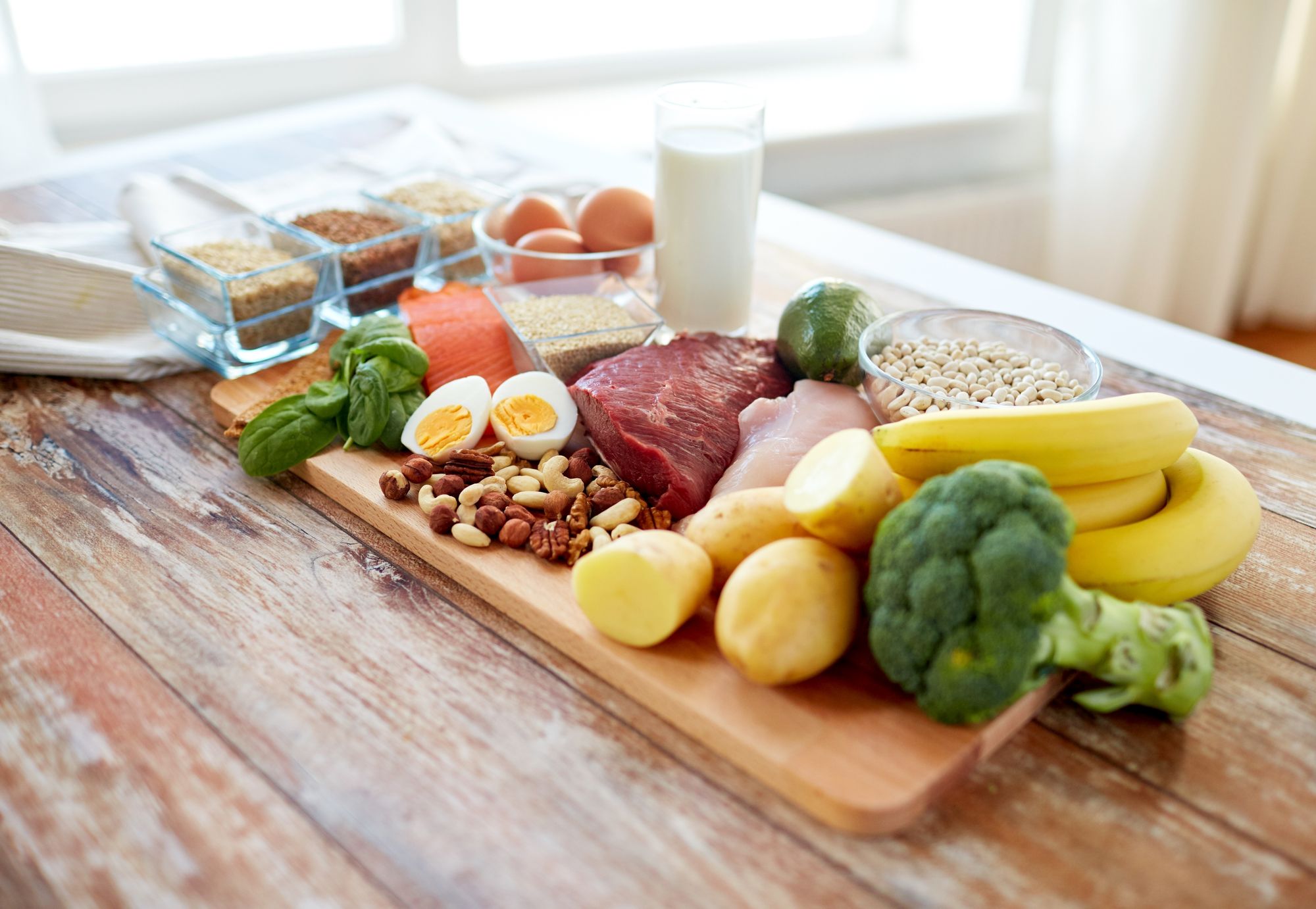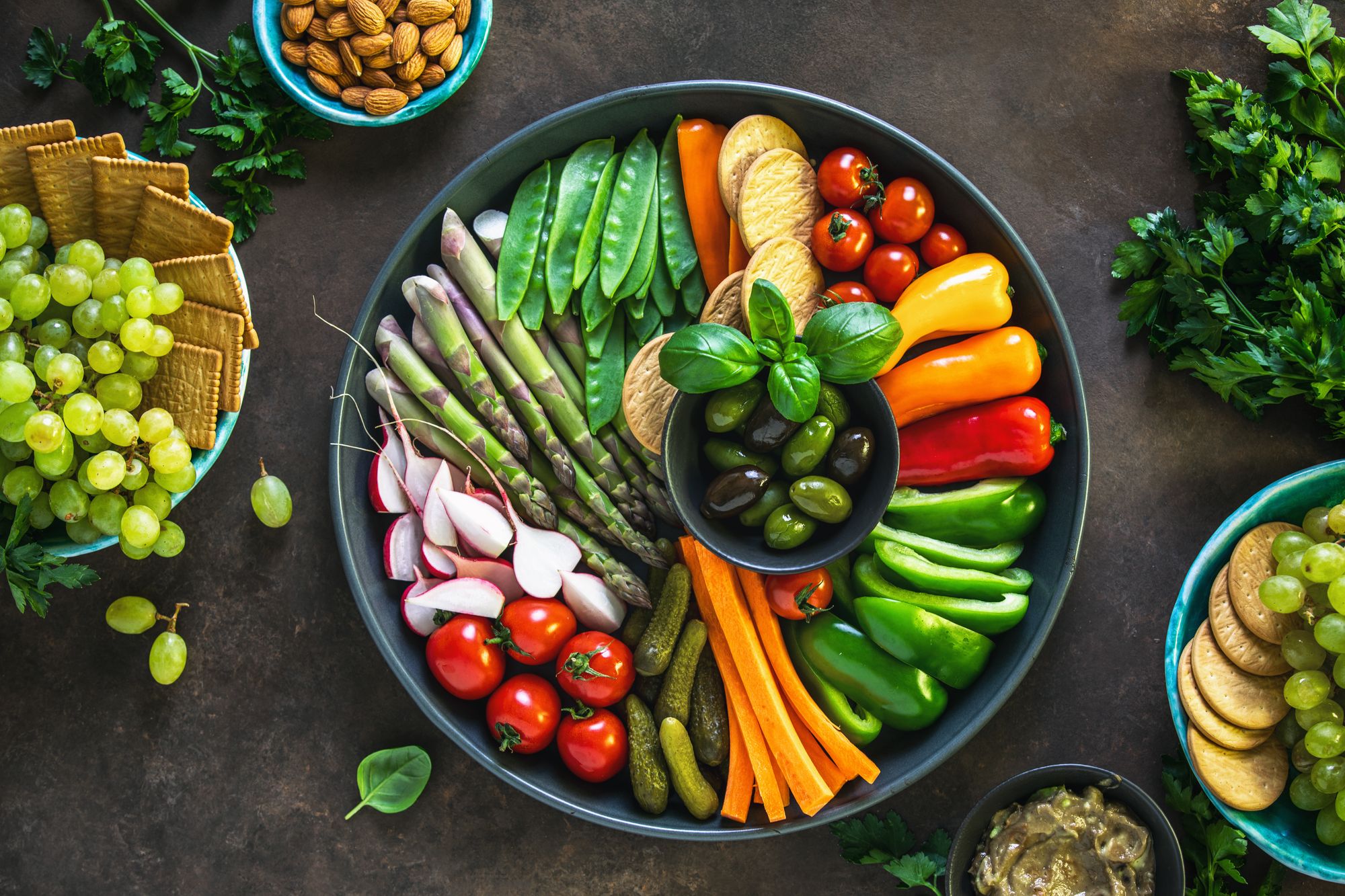Many people desire weight loss but feel discouraged by limited time, energy, or interest in exercising. According to a recent survey by ARRIS Composites, 65% of Americans aim to lose an average of 29 pounds this year. While exercise is important for weight management and health, not everyone enjoys gym sessions. Thankfully, there are effective methods for weight loss without exercise. The Heart Foundation notes that factors like fatigue, lack of motivation, time constraints, costly gym memberships, boring workouts, and discomfort in public can deter people from exercising. If you face these challenges, you can still lose weight. We consulted nutrition and weight loss specialists who shared 15 practical strategies to shed pounds without exercise.
1) Adopt a Nutrient-Rich and Balanced Eating Plan

We all know that what we eat plays a crucial role in managing our weight. However, achieving weight loss doesn’t mean we have to deprive ourselves of delicious meals or drastically cut calories. The key to healthy weight loss is to enjoy a variety of nutrient-dense foods that provide satiety without excess calories. WebMD suggests maintaining a calorie deficit of about 500 calories per day for effective weight loss. According to Trista Best, RD, a registered dietitian at Balance One Supplements, incorporating fruits, vegetables, lean proteins, and whole grains into your diet can enhance feelings of fullness and satisfaction while reducing calorie intake.
2) Opt for Smaller Plates for Portion Control

Sometimes, the simplest solutions can be surprisingly effective for weight loss. Serving your meals on smaller plates can help reduce food intake and promote healthier eating habits. A study published in BMC Obesity in 2017 found that using smaller plates led to better portion control among participants. Melissa Mitri, RD, a registered dietitian at Melissa Mitri Nutrition, recommends that her clients try using smaller plates before making any significant dietary changes. Many clients discover that this method helps them eat less naturally. Mitri particularly suggests this strategy for those who tend to finish everything on their plates, as it can lead to consuming fewer calories without feeling deprived.
3) Incorporate Mindful Eating into Your Routine
To increase your chances of achieving your weight loss objectives, try adopting mindful eating practices instead of consuming your meals while working, watching videos, or scrolling through your phone. Mindful eating, as described by the Harvard T.H. Chan School of Public Health, involves being conscious of the physical and emotional sensations experienced during eating and preparing meals yourself. A review published in June 2022 also concluded that mindful eating is an effective method of promoting healthy eating habits and weight management.
Melissa Best, RD, a registered dietitian at Balance One Supplements, suggests paying attention to hunger cues and eating slowly, relishing each bite. This technique can help you feel more content with less food.
4) Drink More Water

Proper hydration is crucial to achieving weight loss goals. Drinking water can serve several purposes, such as suppressing appetite, revving up your metabolism, and aiding the body in burning fat for energy, as per Johns Hopkins University. Additionally, studies demonstrate that drinking a glass of water before meals can decrease food consumption during the next meal.
Melissa Mitri, RD, a registered dietitian at Melissa Mitri Nutrition, highlights that our brain signals are similar for hunger and thirst, which can result in confusing these two feelings. Mitri suggests keeping a water bottle close by at all times to stave off feelings of hunger or thirst and promote a sense of fullness.
5) Prioritize Sufficient Sleep for Your Well-Being

No matter what your health or fitness objective is, achieving it is unlikely without sufficient sleep. According to a 2022 review published in Nutrients, sleep plays a crucial role in weight loss. For example, one study discovered that individuals who slept for 5.5 hours rather than 8.5 hours while undergoing calorie restriction for 14 days experienced less fat loss. This is likely due to the increase in the production of the hunger hormone ghrelin when you’re sleep-deprived.
Melissa Best, RD, a registered dietitian at Balance One Supplements, explains that poor sleep can disrupt hormones responsible for regulating hunger and satiety, resulting in increased calorie consumption. Best advises aiming for seven to eight hours of restful sleep every night to maintain optimal health.
6) Prioritize Healthy Foods by Keeping Them Accessible
The saying “out of sight, out of mind” rings true when it comes to maintaining a healthy diet. If unhealthy junk food—which is laden with calories, added sugars, and unhealthy fats—is readily accessible in your home, you’re more likely to indulge in it. On the flip side, having healthy foods within easy reach makes it much easier to stick to a nutritious diet and achieve your weight loss goals.
Registered dietitian Melissa Mitri from Melissa Mitri Nutrition emphasizes that the more healthy options you have within arm’s reach, the more likely you are to choose them. For instance, if you have apples and carrots easily accessible, you’re more likely to snack on those instead of cookies. This simple strategy can go a long way in helping you resist the temptation of unhealthy snacks. Want to learn about another nutritious option to keep on hand? Check out our article on the benefits of eggs! http://beautyfemina.com/are-eggs-beneficial-for-your-health/
7) Manage Stress

Experiencing constant stress can impact your eating habits negatively. Managing stress effectively can be a helpful strategy to lose weight without exercise. A 2017 study demonstrated that negative moods and stress are linked to overeating and reduced physical activity, both of which are significant risk factors for weight gain.
Melissa Best, RD, a registered dietitian at Balance One Supplements, explains that chronic stress can raise cortisol levels, which can result in increased appetite and weight gain. Best advises incorporating stress-reducing activities such as meditation, deep breathing, or yoga into your routine to manage stress effectively.
8) Incorporate More Vegetables into Your Diet by Filling Half of Your Plate

The next time you sit down to eat, take a moment to assess the portions on your plate. Does at least half consist of vegetables? Incorporating more nutrient-dense and low-calorie vegetables into your meals can help you feel full while supporting weight loss. Melissa Mitri, RD, a registered dietitian at Melissa Mitri Nutrition, suggests that filling your plate with vegetables offers satisfying fiber that keeps you fuller while consuming fewer calories. Additionally, adding vegetables can limit the space available for higher-calorie foods, reducing the overall calorie count of your meal. Mitri recommends starting your meal with vegetables, which may help you naturally eat fewer high-calorie foods.
Ready to get moving with some fun, low-impact exercises? Click the link below for the best routines that will energize your workouts without putting extra strain on your body! https://www.today.com/shop/low-impact-exercise-equipment-t277106

